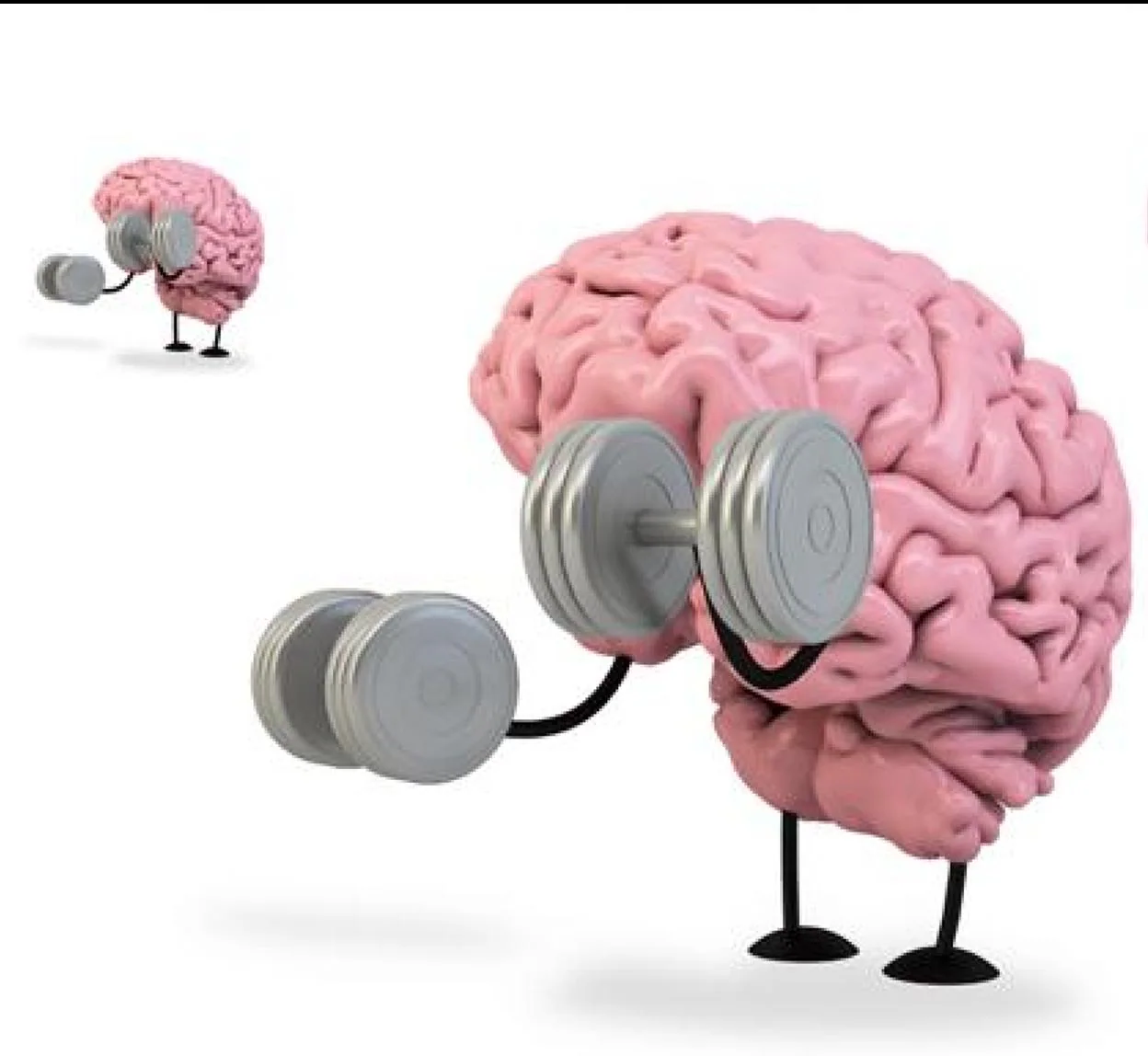Oily fish, walnuts, a half hour's walk and macramé: all allies in the fight against Alzheimer's
Scientists say that one in three cases could be avoided through healthy diet, exercise and activity to keep the brain busy
MARTA Fernández VALLEJO
Friday, 12 November 2021
Fundación Maragall, a foundation which fights against Alzheimer's, has begun a campaign to promote healthy lifestyle habits for a healthy brain. Scientific evidence has shown that one in every three cases of this illness can be avoided through diet, exercise and keeping an active mind.
The prescription is not complicated: it ranges from eating oily fish and walnuts to walking for half an hour a day and doing macramé. Neuropsychologist Nina Gramunt, the technical director of the foundation's Social and Outreach department, tells us about ways of preventing Alzheimer's.
"There are some risk factors that can't be modified," she explains. Ageing is one of them. The older people are, the more cases occur. From 65 it affects one in every ten people. From the age of 80, one in three. Gramunt points out that Alzheimer's is not a hereditary illness. Only in a small proportion of cases, around one per cent, is there a genetic component.
However, many other risk factors are in our hands and can be avoided with a simple change of lifestyle. First clue: everything that is good for the heart also protects the brain. It is important to control high blood pressure, cholesterol and obesity, not to smoke and not to drink a lot of alcohol. Healthy eating is essential in the battle against this cruel illness which leads to dementia and affects about 900,000 people in Spain.
"The work carried out by Barcelona Beta Brain Center, Fundación Maragall's research centre into Alzheimer's, shows the direct impact of the omega 3 from oily fish on strengthening the brain's resistance to developing this degenerative illness," says Gramunt.
No more sedentary lifestyle
As well as oily fish two or three times a week, walnuts are other stars when it comes to healthy neurons. "A handful a day," she recommends. In general the Mediterranean diet is a great help in preventing Alzheimer's. That means fruit, fresh vegetables, wholemeal cereals and very little meat, sugar, sweets and cured meats. Drinking two litres of water a day and using virgin olive oil are other recommendations to ensure the health of the neurons.
There is also no doubt that a sedentary lifestyle increases the risk of cognitive deterioration. Everyone needs to get off the sofa and, simply, start walking. "Aerobic exercise facilitates cellular oxygenation and it has been demonstrated that it can even generate new neurons in sensitive areas of the hippocampus," says Nina Gramunt. It is precisely in that area of the brain that the first damage from Alzheimer's occurs. She recommends walking for at least 30 minutes a day, five days a week or more.
Habits that help protect the brain
-
Diet Oily fish, because it is high in omega 3, and walnuts are highly recommended. The Mediterranean diet helps to protect the brain: fresh fruit and vegetables, cereals, virgin olive oil...
-
Protect your heart Prevent high blood pressure, cholesterol and obesity. What is good for the heart is also good for the brain.
-
Exercise Walk 30 minutes a day. Aerobic exercise oxygenates the cells.
-
Keep an active mind Study a language, paint, cook...
-
Social life Go to an exhibition, a lecture, go out and chat with friends. Isolation favours cognitive deterioration.
-
Sleep The hours you sleep aren't as important as the fact that it must be restorative. Toxins are eliminated from the brain during sleep.
What about other types of exercise? "The ones that tone and work on strength and balance are also recommended," she says. They reduce the risk of falling and, in turn, protect the brain. "The first symptoms of Alzheimer's may not show for many years, even 20 years, but surgery, for example for a broken hip, can speed up the process by eliminating the barriers that protect the brain from the illness," Gramunt explains.
Keeping the brain active is another way of fending off the threat. It doesn't have to mean studying a language, learning about computers or doing crosswords. "Any activity that takes us out of our comfort zone is fine, it may be cooking, painting or even doing macramé. Manual skills strengthen neural connections," she says.
Interestingly, no top chess players have died from Alzheimer's and there are few cases among amateur players, as 100-year-old Manuel Alvarez Escudero revealed recently after winning a veterans' championship in Madrid.
A socially active lifestyle also helps to prevent cognitive deterioration, while loneliness and prolonged isolation contribute to it. "Go to a conference, go to an exhibition, talk with friends," says Gramunt. Such simple habits are very important to slow down the ageing of the brain.
And at night a good, restorative sleep is essential. Experts agree that deep sleep helps to eliminate certain toxins which are responsible for Alzheimer's and other neurological disorders.
